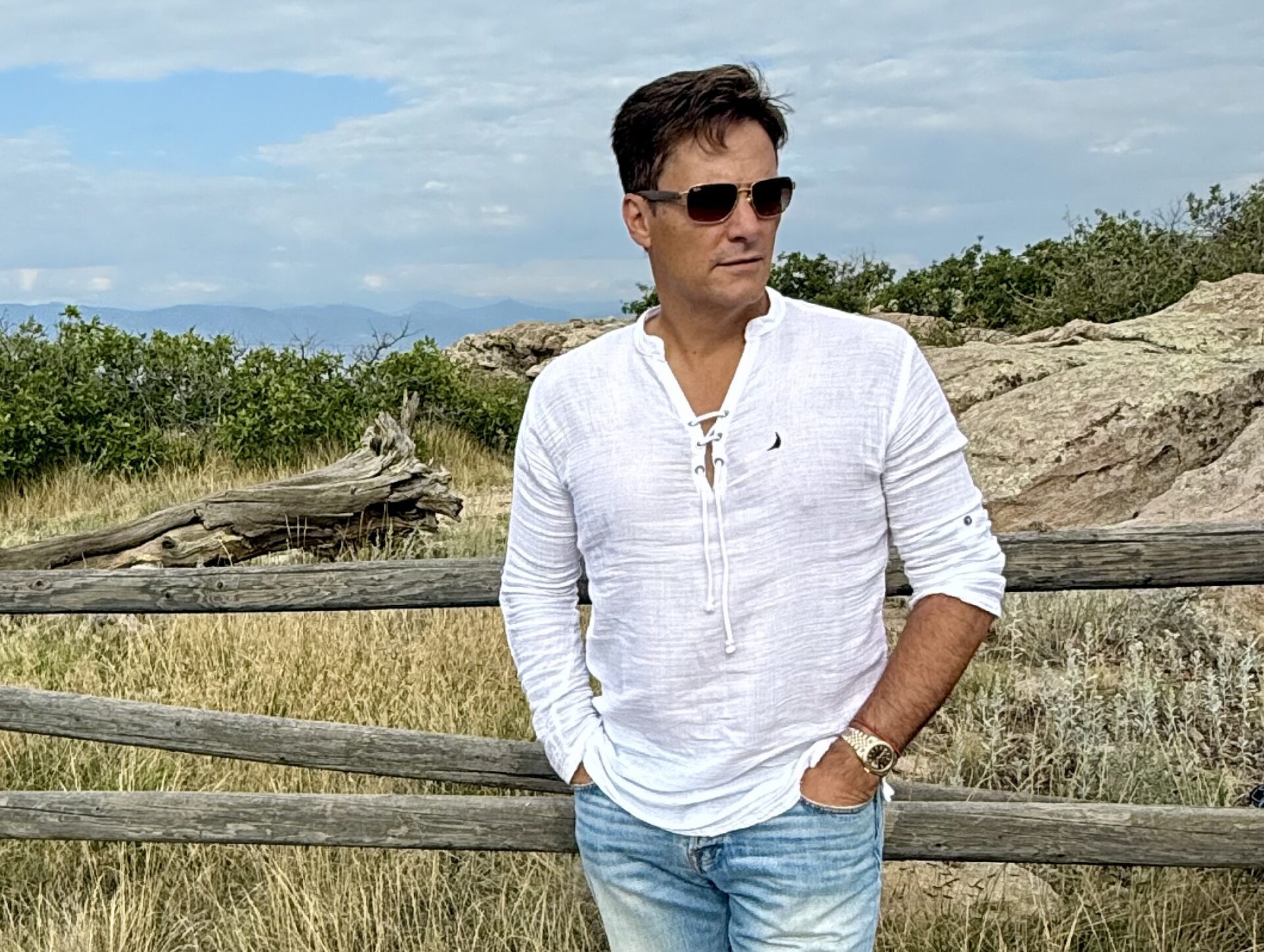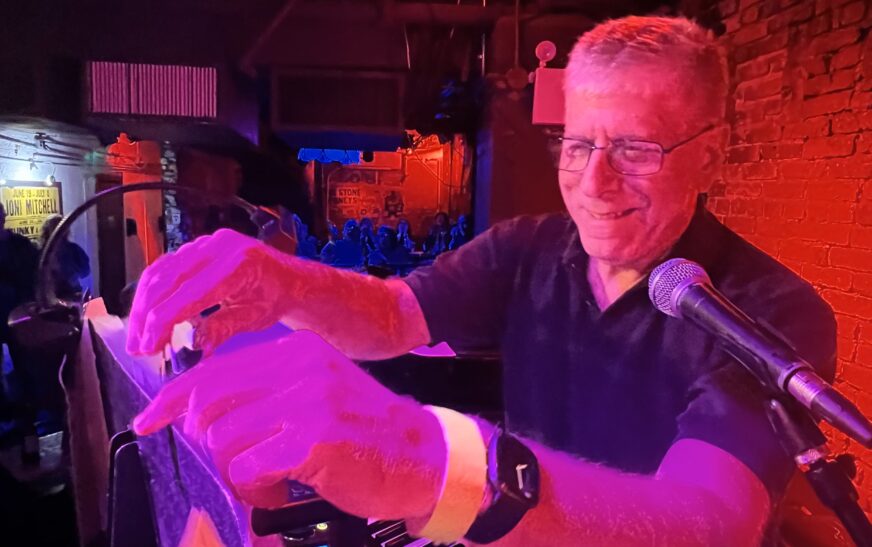The hapless run of Chicago rapper Lil Durk clinks and clatters down a mist-raising marble staircase of back luck as federal officials escalate a case against him in an ongoing murder-for-hire investigation. The newest punch is the seizure of an unreleased song that prosecutors say bolsters their case to keep him behind bars. Durk, whose birth name is Durk Banks, has been in jail since October of last year when he was arrested in connection with what was believed to have been a murder-for-hire scheme. And here, the state is using art as evidence, pointing to a song that hasn’t been released to the public.
Officials said in court filings that they discovered an audio file of an unreleased song titled “Scoom His Ass” when they searched a co-conspirator’s cellphone as part of a federal investigation. Prosecutors maintain that not only are the song’s lyrics real, but they also echo the same execution-style headshots used in the murder of Saviay’a Robinson, rapper Quando Rondo’s cousin. Durk’s lyrics reportedly refer to “rid[ing] through Beverly Hills with choppers,” which prosecutors say oddly mirrored the tactics used in Robinson’s murder. They argue that the unreleased material provides additional corroboration to the case and helps to bolster their case that Durk is a public safety threat who belongs behind bars.
The words in the Music Recording, listed here for discussion purposes only, are closely similar and act in addition to have the same meaning as the facts and circumstances known and discussed by the parties related to Robinson’s death, the court document reads. “Although ‘Scoom his Ass’ does not appear to have been officially released by defendant, the lyrics are authentic as the government seized the audio file from a co-conspirator’s cellular phone pursuant to a federal search warrant, which has been produced to the defense.”
Check out this article: Lord Jamar Claims A Shannon Sharpe Sex Tape Exists Amid Assault Allegations
This is when Durk’s lyrics have been used as weapons in court. Earlier this month, his legal representatives, including high-profile attorney Drew Findling, raised the issue with the credibility of the prosecution’s allegations, arguing the grand jury was presented with a false equivalence. In particular, they objected to the government’s reference to the song “Wonderful Wayne & Jackie Boy,” arguing that it was written long before the purported crime. “Unless the government is prosecuting Banks on a theory of extra-sensory prescience, the lyrics could not have soundly informed the grand jury’s finding of probable cause,” Findling wrote.
Though the defense is trying to debunk the use of lyrics as evidence, prosecutors are not backing down, saying “Scoom His Ass” involves more than artistic license. They are using the song as a way to argue that Lil Durk is a flight risk, writing, “[his] motion for the bond is barred because it ‘lacks merit in fact [and] law’ and fails to present any new information that ‘materially’ alters this fact.”
Durk’s legal team is still battling for his freedom, arguing that the prosecution’s use of his music, both released and unreleased, is an assault on artistic expression. But since the Feds are in possession of the unreleased material as a result of a government-authorized search, the question now goes beyond whether or not a particular movie or song should have been confiscated and becomes tied to a bigger legal and constitutional issue.
It’s been an often controversial practice involving questions about free speech, artistic expression, and the biases in the legal system. Lil Durk’s case is quickly turning into a flashpoint in this all-but-invisible national conversation, especially considering the unreleased status of “Scoom His Ass,” which underlines just how far-reaching monitoring of artists’ movements and music has become in legal situations. With Lil Durk’s livelihood, reputation, and freedom on the line, this case could be a landmark instance of how far the justice system can extend in criminalizing an artist’s words, particularly when those words were never even heard by the public.














